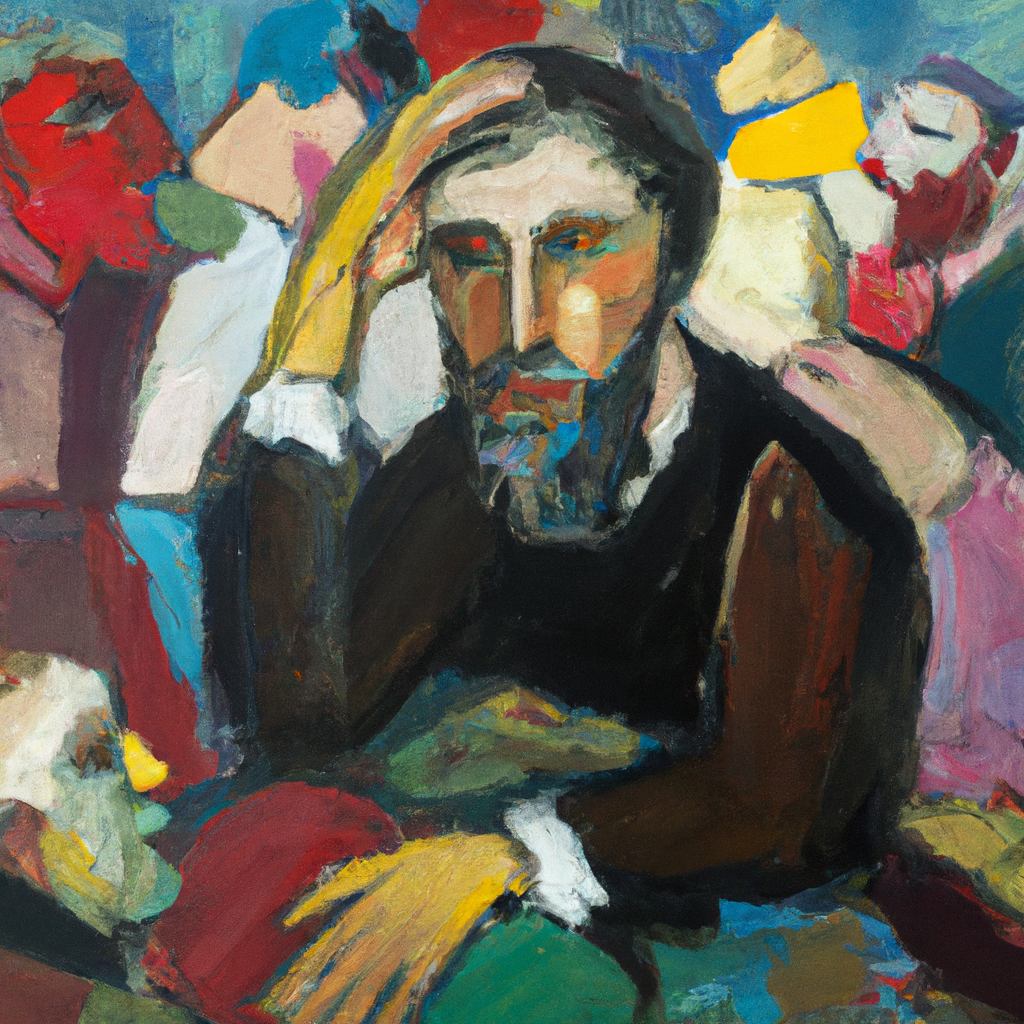In our journey through literature, every so often we stumble upon characters that seem more real than the very people we interact with daily. The works of William Shakespeare and Fyodor Dostoyevsky offer such characters, each a unique prism reflecting the depths of the human spirit and psyche.
Masters of Manipulation: Dive into the world of Iago (Othello) and Smerdyakov (The Brothers Karamazov). These characters, in their cunning and malevolence, expose the profound vulnerabilities within us all. Their tales force us to ask the uncomfortable questions: Are we, too, susceptible to manipulation? How much of our own reality is shaped by the unseen hands of internal desires and external influences?
Existential Enigmas: The introspective spirals of Hamlet and Ivan Karamazov offer an intimate exploration of the soul’s eternal philosophical battles. As they grapple with profound existential dilemmas, they stand as powerful allegories for our own internal conflicts. Both characters challenge us to face the moral quandaries of our age and ask: In our search for meaning, are we, like them, lost in a maze of our own creation?
Innocence and the Shadow of Temptation: In the stories of Desdemona and Grushenka, we are confronted with the interplay between societal perceptions and individual morality. These characters, one the embodiment of innocence and the other of temptation, compel us to reflect on our judgments and biases. They ask us: To what extent are our views on right and wrong influenced by the society we inhabit?
The Frailty of Familial Bonds: Consider the tales of King Lear and Fyodor Karamazov. These capricious fathers, through their very flaws, illuminate the intricacies of human relationships. They are living reminders of the balance between love, responsibility, and ego. Their narratives emphasize the importance of understanding and compassion, underscoring the delicate threads that weave the fabric of family.
At the heart of these parallels between Shakespeare and Dostoyevsky is an age-old truth: humanity, with all its complexities and contradictions, remains a constant across epochs and cultures. Literature, in its finest moments, does not merely tell tales of yore; it holds up a mirror, reflecting our very souls.
To read these authors is not just to engage in literary appreciation but to embark on a journey of introspection. Through the lives, choices, and fates of their characters, we are offered a deeper understanding of our own nature, aspirations, and fears.
In a world perpetually in flux, let the timeless tales of these literary giants guide us, challenge us, and inspire us to transcend our limitations and embrace our shared human experience.
